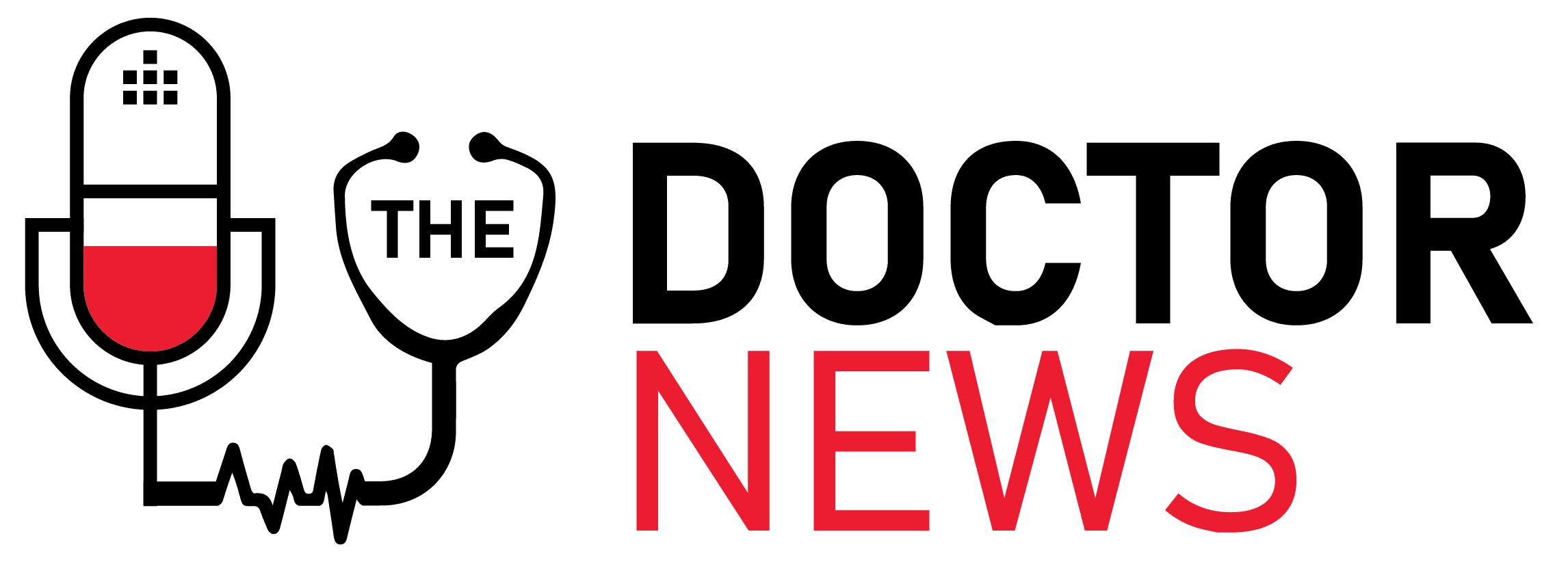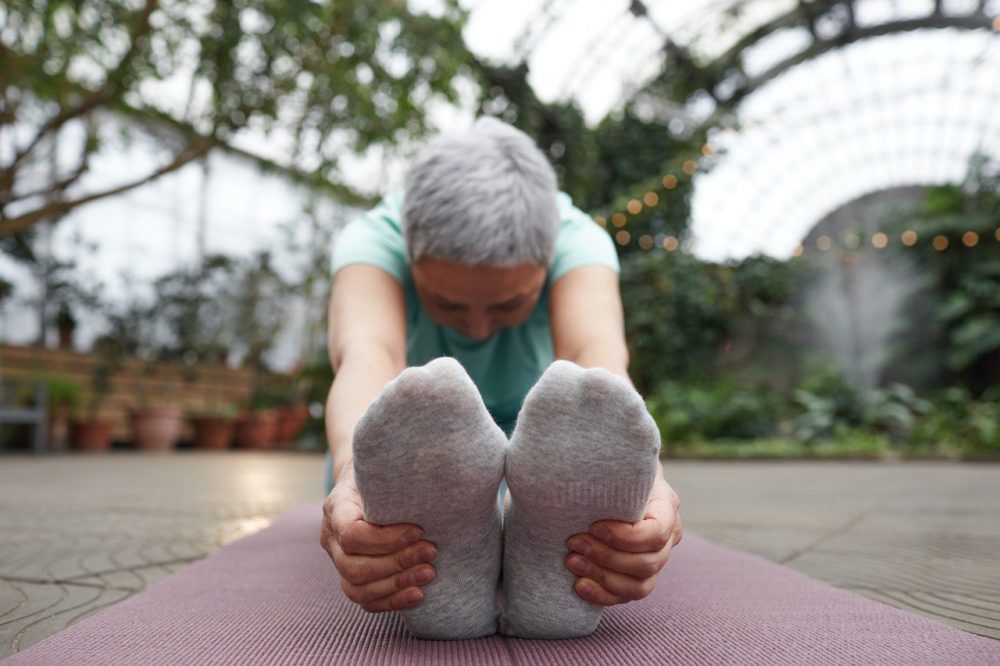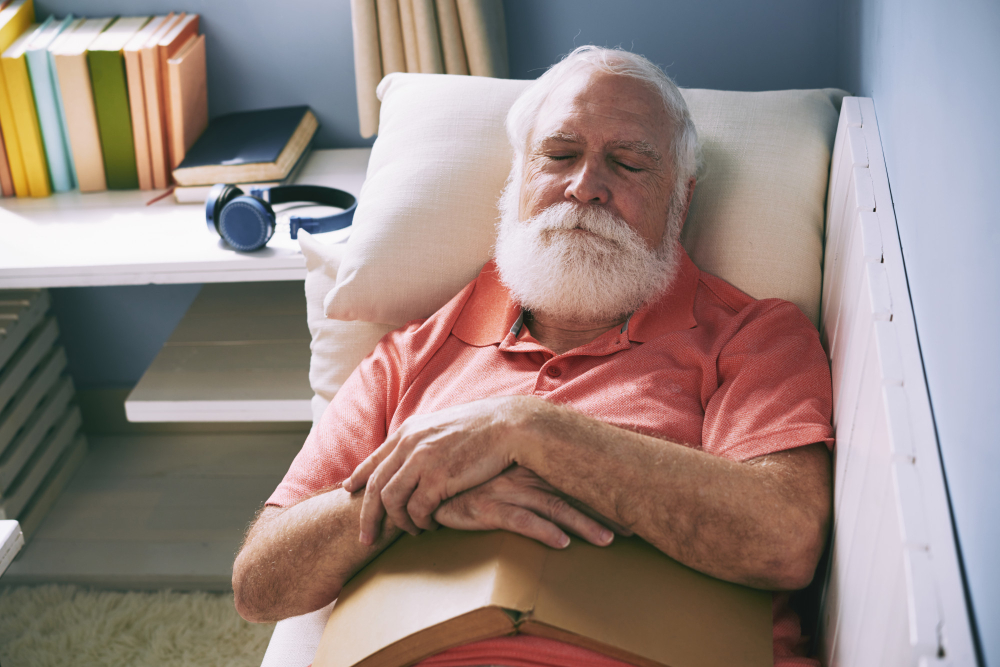There's something undeniably magical about a head massage. Anyone who's experienced the gentle, rhythmic kneading of their scalp and neck will agree that it's incredibly relaxing. But have you ever wondered why do head massages feel good?
The answer lies in the fascinating interplay between our physical bodies and our psychological well-being.
Why do Head Massages Feel Good?

Freepik | Head massages ease physical tension and boost emotional well-being.
When a skilled practitioner works on your scalp, neck, and shoulders, they're engaging a complex network of nerves and muscles. The immediate sensation of relief and relaxation can be attributed to several physiological factors. For starters, our skin is dotted with pressure receptors that send signals to the brain when stimulated. This interaction not only soothes physical tension but also impacts emotional well-being.
The Role of Pressure Receptors
Our skin houses various types of receptors that respond to touch, pressure, and temperature. Particularly in areas like the face and scalp, the density of these receptors is higher, making them more sensitive to stimulation. In contrast, areas like the back have fewer receptors, which is why a massage on these parts might not evoke as intense a sensation.
- High Sensitivity Areas: Face, fingers, tongue
- Lower Sensitivity Areas: Back, legs
These receptors send information to the brain about the touch, which can significantly alter our mood and perception of pain.
The Mind-Body Connection
The relationship between mind and body is central to understanding why do head massages feel good. Psychosomatic principles demonstrate how mental and physical health are intertwined. Positive physical stimuli, like a gentle massage, can alter brain chemistry, affecting mood and stress levels. Conversely, mental stress can exacerbate physical pain, creating a cycle of discomfort.
Research has shown that relaxing physical experiences can lower anxiety and enhance mood, making head massages particularly beneficial. For instance, a study involving head massage revealed that participants experienced decreased depression, reduced boredom, and improved overall liveliness.
Historical Roots of Head Massage
The practice of massage has ancient origins. Early human societies, including our primate relatives, engaged in grooming behaviors that likely served as both social bonding and stress relief. Ancient texts from various cultures, including Chinese and Indian traditions, highlight the role of massage in maintaining health.
- Ancient Practices: Depictions in cave art, early Chinese texts, Ayurvedic practices
- Modern Adaptations: Popularization in Western cultures, integration into contemporary wellness routines
Modern Indian head massage, which traces its roots back to ancient practices, exemplifies how traditional techniques have evolved and adapted over centuries.
Recovery and Well-Being
Recent studies suggest that head massages can aid in recovery from illness and injury. For example, Indian Head Massage has been shown to reduce muscle tension and enhance psychological well-being.
Recovery from physical injury often requires a combination of therapies, including those that address mood and stress. Negative emotions can impede recovery, making holistic approaches like head massage valuable.
Impact on Hair Growth

Freepik | Clinical trials show regular scalp massages can significantly improve hair thickness.
Another intriguing question is whether head massages can stimulate hair growth. While head massages won’t counteract genetic factors such as hormone-related baldness, they can improve blood circulation to the scalp. This increased blood flow might support hair follicle health and reduce hair loss. Clinical trials have demonstrated that regular scalp massages can lead to noticeable improvements in hair thickness.
Cognitive Benefits
The benefits of head massages extend beyond relaxation. Emerging research into "brain massages" using techniques like electrical pulses or binaural beats suggests that stimulating the brain can enhance cognitive functions, including memory and attention. These techniques are still under study, but initial findings are promising, showing potential improvements in mental fatigue and memory retention.
ASMR and Sensory Response
Autonomous Sensory Meridian Response (ASMR) is another phenomenon related to the sensation of head massages. ASMR triggers, such as specific sounds or gentle movements, can create a tingling sensation that many find pleasurable and relaxing. While not everyone experiences ASMR, the majority of participants report mood-lifting effects and a sense of calm.
Understanding "why do head massages feel good" involves appreciating both the physiological mechanisms and historical practices behind them. Whether it's through the stimulation of pressure receptors, the promotion of mental relaxation, or the enhancement of physical recovery, head massages offer a range of benefits that contribute to overall well-being. As research continues to uncover the depths of these effects, it’s clear that head massages are more than just a soothing indulgence—they are a valuable component of a holistic health routine.










